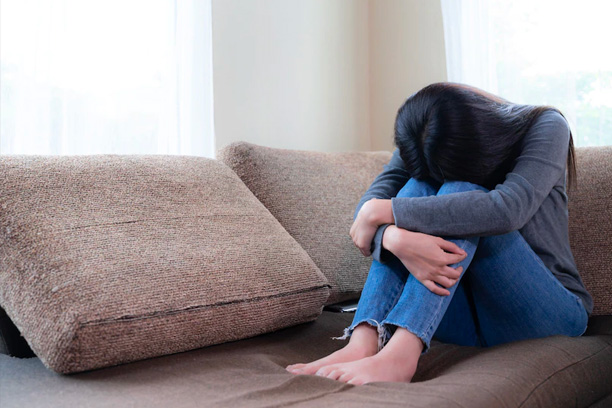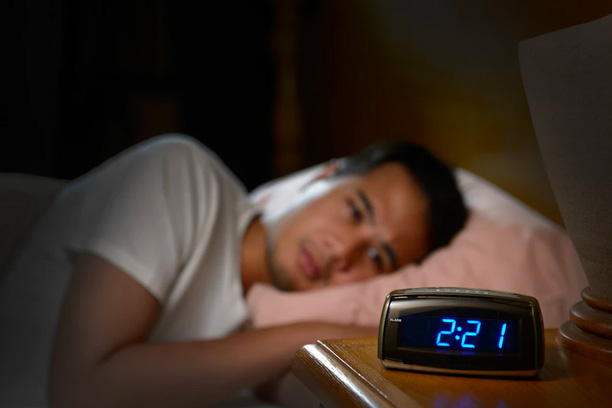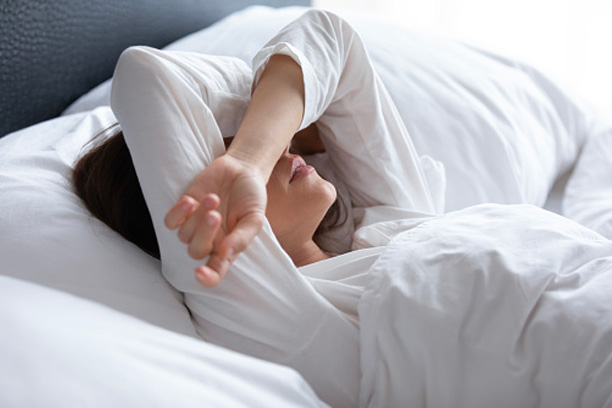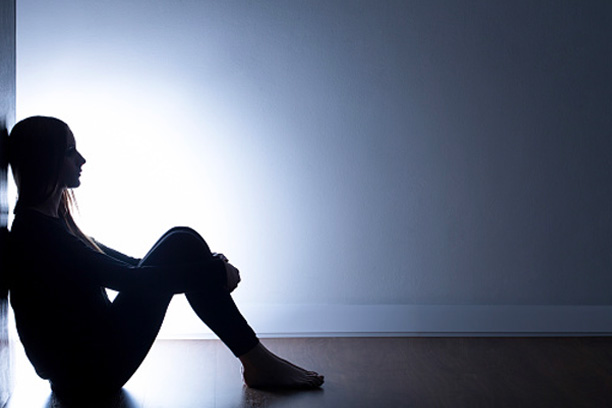Depression and Sleep: How They’re Connected and What You Can Do
Depression and sleep are two issues that are closely connected. In fact, many people who suffer from depression also have problems sleeping. And vice versa: people who have trouble sleeping are more likely to become depressed. This is a complicated relationship, and scientists are still trying to understand the exact connection between depression and sleep. However, we do know that there are ways to improve both of these conditions by working on them together.
What is Depression?

Depression is a mood disorder that causes a persistent feeling of sadness and loss of interest. It affects how you feel, think, and behave and can lead to a variety of emotional and physical problems. You may have trouble doing normal day-to-day activities, and sometimes you may feel as if life isn’t worth living.
There are many types of depression, each with its own unique set of symptoms. Major depressive disorder (MDD), also known as clinical depression, is the most common type. MDD is characterized by a combination of symptoms that last for at least two weeks, including depressed mood or loss of interest in activities, changes in appetite or weight, sleep disturbances, fatigue or low energy levels, feelings of worthlessness or guilt, impaired concentration, and recurrent thoughts of death or suicide.
While depression can occur at any age, it often begins in adolescence or young adulthood. Women are also more likely than men to experience depression. Depression is a serious medical condition that requires treatment by a qualified mental health professional.
Depression is not just feeling sad for a week after your dog dies; it’s an all-encompassing disorder that can make everyday activities seem impossible. It doesn’t discriminate against age, gender, or race—depression can happen to anyone.
What are the Symptoms of Depression?

Depression is a mental illness that can cause a wide range of physical and emotional symptoms. These symptoms can vary from person to person, and can even change over time. Some common symptoms of depression include:
- Changes in appetite or weight
- Sleep problems (insomnia or sleeping too much)
- Loss of interest in activities you used to enjoy
- Fatigue or low energy levels
- Feelings of worthlessness, guilt, or hopelessness
- Difficulty concentrating or making decisions
- Restlessness or irritability
- Thoughts of death or suicide
Connection between Depression and Sleep

Depression and sleep are closely connected. People who are depressed often have trouble sleeping, and people who don’t sleep well are at increased risk for depression. Insomnia is one of the most common symptoms of depression, occurring in about 80% of people with the condition.
There are several ways that sleep problems can contribute to or worsen depression. First, lack of sleep can cause irritability, fatigue, and difficulty concentrating—all symptoms of depression. Secondly, insomnia can make it harder to cope with stressors (such as relationship problems or job loss), which can trigger or worsen depression. Finally, research suggests that chronic insomnia may actually change the brain chemistry in a way that makes someone more vulnerable to developing depression.
If you’re struggling with depression, it’s important to talk to your doctor about your sleep problems. Treating insomnia can help relieve depression symptoms and may even prevent future episodes of the condition. In some cases, sleep medications may be necessary to get relief. But there are also many effective non-drug treatments for insomnia, such as cognitive behavioral therapy for Insomnia (CBT-I). If you’re struggling with both depression and sleep problems, CBT-I may be an especially helpful treatment option.
Tips for Sleep with Depression

Depression can make it hard to get a good night’s sleep. You may have trouble falling asleep or staying asleep. Or you may sleep too much. Insomnia and oversleeping are common symptoms of depression.
There are things you can do to ease your sleep problems.
- First, stick to a regular sleep schedule as much as possible. Go to bed and get up at the same time every day, even on weekends. This will help regulate your body’s natural sleep rhythm.
- Second, create a relaxing bedtime routine. Avoid watching television or working on the computer in the hour before you go to bed. Instead, take a warm bath or read a book.
- Third, avoid caffeine and alcohol before bed. Caffeine can keep you awake, and alcohol can disrupt your sleep. fourth, get up and move during the day. Regular exercise can help you sleep better at night.
- Finally, if you can’t sleep, don’t lie in bed tossing and turning. Get up and do something else until you feel sleepy.
If you have depression and insomnia, it’s important to seek treatment for both conditions. Insomnia is a common symptom of depression, but it can also be a standalone condition. Treating your depression may help ease your sleep problems, and treating your insomnia may help improve your mood. Talk to your doctor about the best way to manage both conditions.


